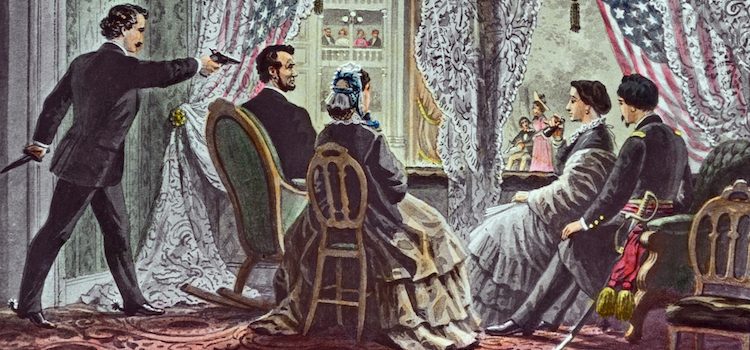
What did John Wilkes Booth expect after he assassinated President Lincoln? Why did some people prefer that Booth had been taken alive rather than killed?
After April 14, 1865, America would never be the same. That day, President Abraham Lincoln became the target of the wrath that afflicted some who were sympathetic to the Confederacy’s cause and bitter about its demise.
Keep reading to understand the anger behind the Lincoln assassination.
The Wrath Behind the Lincoln Assassination
Lincoln had won the Civil War, but he didn’t live long thereafter. Historian and biographer Jon Meacham explains that, on April 14, 1865, actor John Wilkes Booth—a white supremacist and a Confederate sympathizer—attacked Lincoln at Ford’s Theatre in Washington, D.C. Shouting “sic semper tyrannis” (“thus always to tyrants”), Booth shot the president in the head from close range. Then, he fled the theater and went on the run.
Lincoln died from the gunshot wound the following morning.
(Shortform note: Booth kept a diary during his time on the run from Union forces, which offers some insight into his mindset and his motivations. Based on his writings, Booth believed that he’d struck a decisive blow against tyranny by killing Lincoln. He considered himself a hero and expected to be lauded as such. Instead, he was shocked and bitterly disappointed to learn that the media almost universally condemned him. Furthermore, Booth showed no remorse for the Lincoln assassination. He wrote repeatedly that he’d done so in order to save the country from Lincoln’s “tyranny.” He also said that, while God might convince him to repent after his death, no human could ever make him regret the assassination.)
Booth himself was cornered and killed during a standoff with Union cavalry on April 26 of the same year. After being fatally shot, Booth proclaimed that he was dying for his country—meaning the Confederate States of America.
(Shortform note: The fact that Booth was killed, rather than captured, came as a disappointment to many people in the federal government. Booth’s actions made it clear that there was still a strong pro-Confederacy, anti-Lincoln movement in the wake of the Civil War, and government officials had hoped to interrogate Booth about who else was involved in the Lincoln assassination plot.)
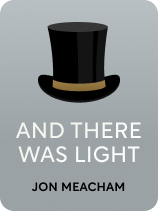
———End of Preview———
Like what you just read? Read the rest of the world's best book summary and analysis of Jon Meacham's "And There Was Light" at Shortform.
Here's what you'll find in our full And There Was Light summary:
- The myths and legends that surrounded Abraham Lincoln
- Abraham Lincoln's life in chronological order, from his birth to his assassination
- What the Republican Party looked like in the 19th century

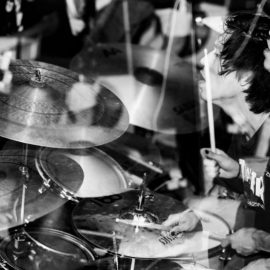
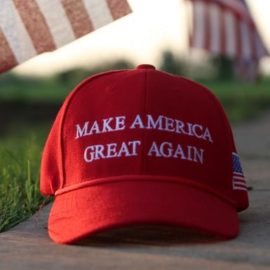



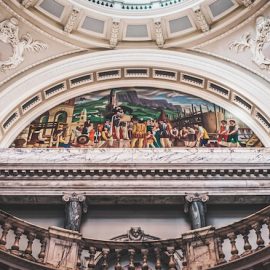
I am a staunch supporter of the Confederacy. The feds did then what they have continued to do right up to today with the standoff in Texas. This country was founded as individual states. The federal government was enacted by the states to protect the states from an outside enemy. The fed was not even authorized to levy yaxes. This was the Jeffersonian ideal. The feds however, like all organizations, can’t resist grabbing power. Big banks, the railroads, commerce, took over the country when the civil war ended. States rights became a thing of the past. Today the country is run by giant corporations who give money to the candidates to do their bidding. We actually live under a total dictatorship. Today in Texas they are trying to break that dictatorship.